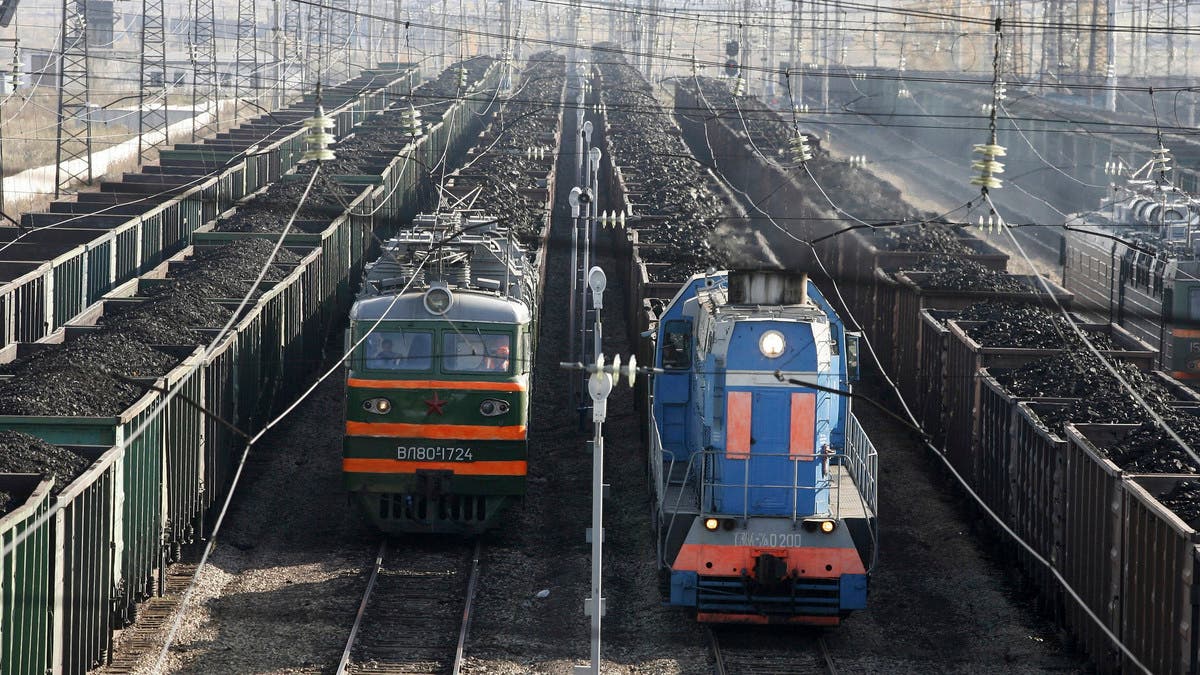Russian Railways denied that it’s in default, saying it met all its debt obligations and that the money didn’t reach creditors because intermediaries blocked the payments.
The state-owned company, which faces sanctions after Russia’s invasion of Ukraine, has missed payments on four bonds since the war started, as they got stuck in the banking system for compliance reasons. A derivatives panel ruled on Monday that it’s in default because of a “failure to pay.”
For the latest headlines, follow our Google News channel online or via the app.
The pushback by the company comes as Russia’s government faces its own problems with bond payments. It breached the terms on two bonds by making payments in rubles but, like Russian Railways, is blaming others for the problem.
In its statement Tuesday, Russian Railways said that it made the payments on time, but as a result of the sanctions the funds never reached the accounts of creditors. It also said that it has applied to the UK Financial Sanctions Authority for a license to service all of its debt obligations, and that meeting its payment obligations “remains a priority.”
“Russia and Russian-owned entities are going to have difficulties paying given overall sanctions against the government,” said Jeff Grills, head of emerging-markets debt at Aegon Asset Management, which manages about $466 billion. “So Russian Railways is not unexpected, despite their efforts to pay.”
Russian Railways is the first firm to be called in default by international financial bodies since sanctions cut off Russian companies from global markets.
Firms in a similar position, like EuroChem, have previously claimed that missed payments aren’t a default because they are “exclusively attributable to events beyond the issuer’s control.”
Gold miner Nordgold became the latest firm on Tuesday to join the list of companies with funds stuck in the payment plumbing. An interest payment on a bond issued through an Irish vehicle wasn’t made because of technical difficulties, the group said.
While the Russian Railways ruling of the Credit Derivatives Determinations Committees on Monday will trigger a payout on credit-default swaps, it doesn’t have a direct impact on bonds.
However, it points to a potential legal tangle between the company and creditors – including lender UniCredit SpA, which provided a 585 million Swiss francs ($627 million) loan last year – if they start seeking ways to recover their investments.
The CDDC decision may also set a precedent for other solvent Russian companies struggling to wire payments to creditors and for the Russian government, which sought to pay dollar debt in rubles last week.
Finance minister Anton Siluanov said to a Russian newspaper that a formal default will lead to a legal response by the government. On Tuesday, the Finance Ministry reiterated foreign investors failed to receive due payments because of “improper actions of US banks and the US government.”
Read more:
Officials, researchers say Russian hackers tried to sabotage Ukrainian power grid
Budapest warns against EU divisions in time of war
Putin says Russia will achieve ‘noble’ aims of its Ukraine military operation

 World2 years ago
World2 years ago
 World2 years ago
World2 years ago
 Entertainment7 years ago
Entertainment7 years ago
 World7 years ago
World7 years ago
 Entertainment7 years ago
Entertainment7 years ago






